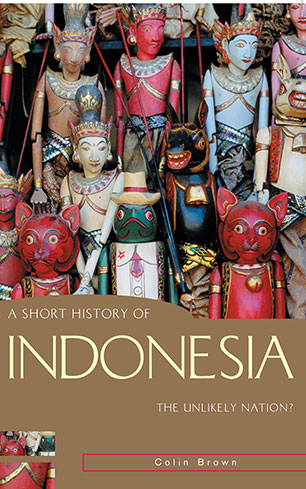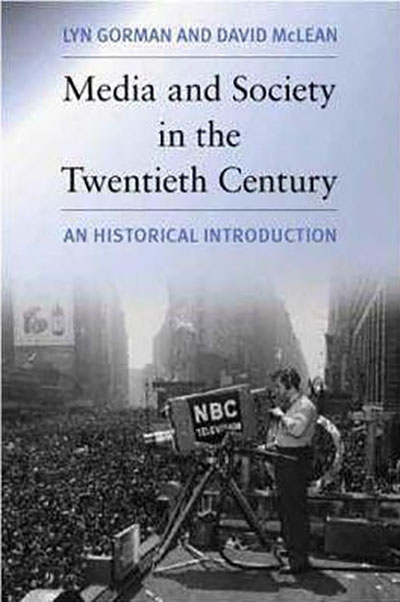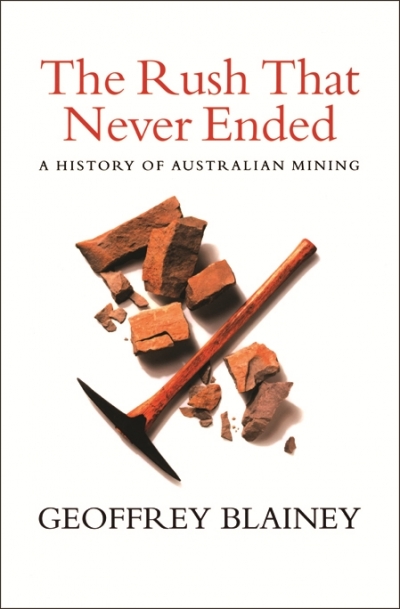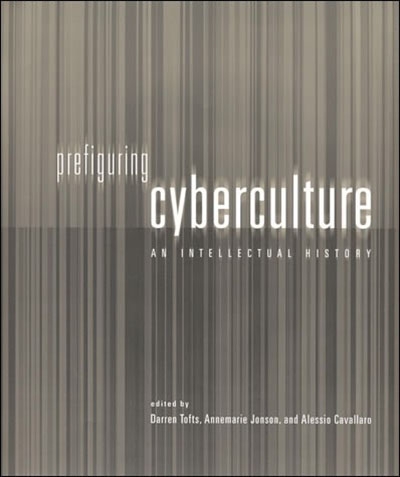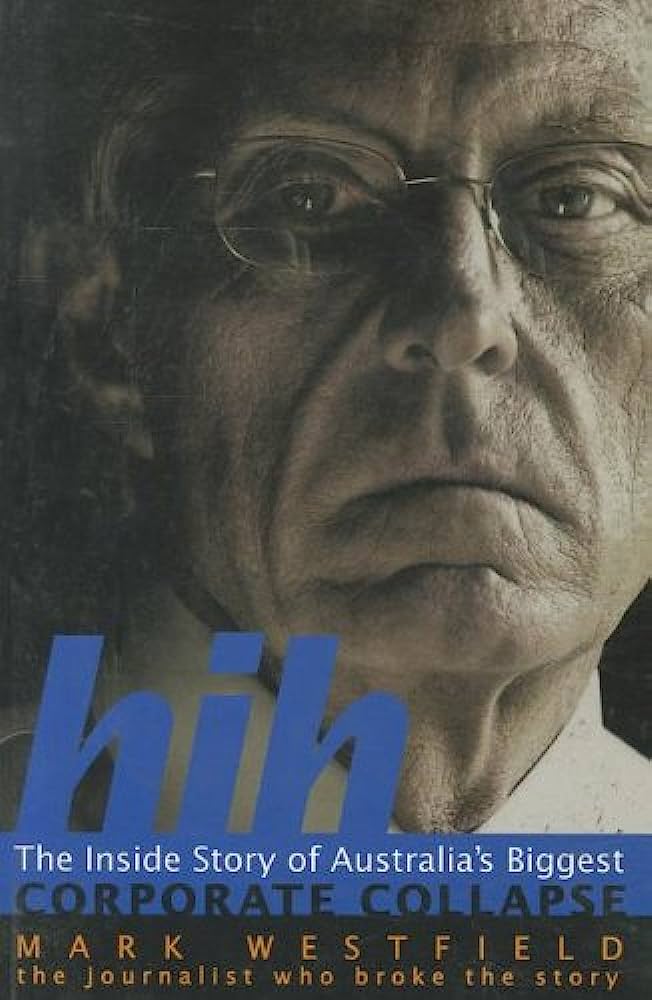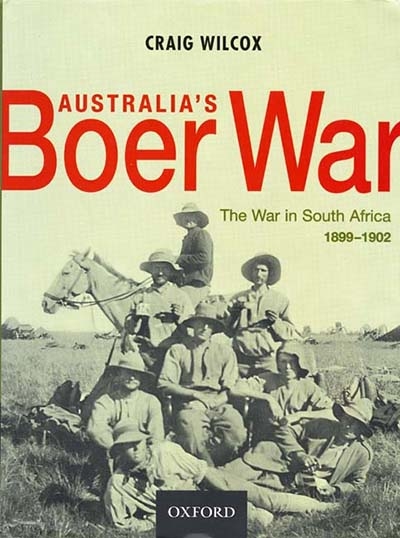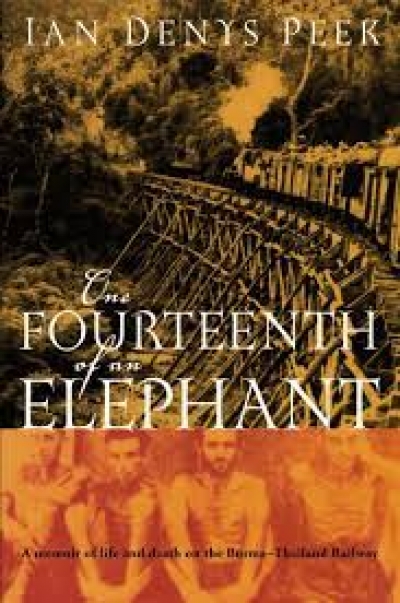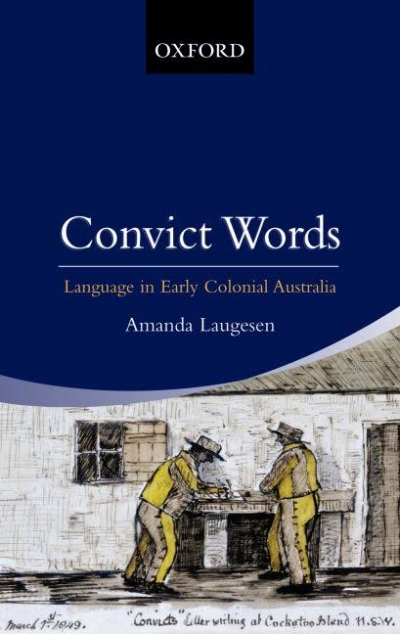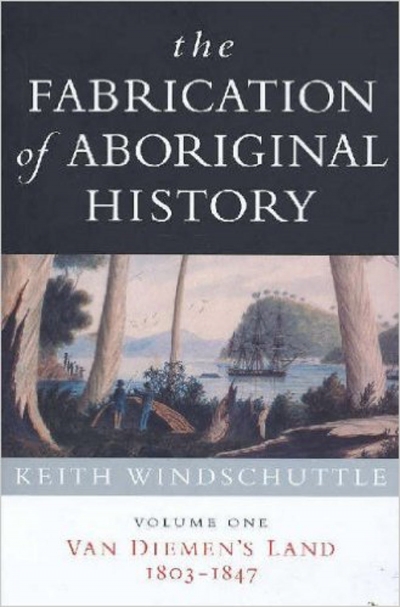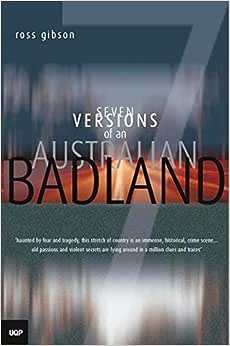History
A Short History Of Indonesia: The Unlikely Nation? by Colin Brown
This is a welcome addition to the historical literature about Indonesia. Aimed at new readers with limited or no knowledge of Indonesia, and written in an informal and accessible style, it makes an interesting contrast with the other well-known history in this field, Merle Ricklefs’s History of Modern Indonesia. When Ricklefs produced his second edition about ten years ago (he published a third expanded edition in 2001), the very existence of the Indonesian state was not as problematic as it now seems. Scholars could still talk without hesitation of a ‘history of Indonesia’. These days, the future of the country as a single state is more contested than at any time since the 1950s. Hence Brown’s subtitle, ‘The Unlikely Nation?’ He explains in the foreword that, since the idea of a united archipelago is so recent, ‘in a sense the book has been written backwards, using the Indonesian state and nation at the end of the twentieth century as its starting or defining point’.
... (read more)Media and Society in the Twentieth Century: A historical introduction by Lyn Gorman and David McLean
Media history is an oddly underdeveloped area. Historians who work in media history are frequently reminded that such work exists at the margins of their discipline, and media does not feature at all in many accounts of political and social history. To take one example, Alastair Davidson’s otherwise impressive From Subject to Citizen: Australian citizenship in the twentieth century (1997) contains one reference to Rupert Murdoch’s citizenship, but none to the role of media in forming the identities of Australian citizens in the twentieth century.
... (read more)The Rush that Never Ended by Geoffrey Blainey & The Fuss that Never Ended edited by Deborah Gare et al.
‘He looks a bit like Marty Feldman with two good eyes.’ So wrote a journalist of Geoffrey Blainey in 1977. In The Fuss That Never Ended, a collection of essays on Blainey arising out of a Melbourne symposium, Bridget Griffen-Foley no less irreverently compares the historian to a character played by Steven Seagal in a movie she saw on television – not because he shares Seagal’s ‘fake tan, ponytail, high-pitched voice, rippling muscles, kickboxing prowess or lurid, technicolour knee-length leather coat’, but because of his ‘style of investigation’ as a young historian. Blainey, she suggests, was neither bookworm nor archive rat. He went into the field, spoke to real people, visited historical sites. His work even helped his first employer, the Mount Lyell Mining and Railway Company, to exploit long-forgotten mineral deposits. Since producing his history of that company in his early twenties, he has been Australia’s leading mining historian, and one of that industry’s staunchest defenders. It has probably been easier for most people to swallow Blainey’s historical and economic arguments in favour of mining than Hugh Morgan’s biblical ones.
... (read more)Prefiguring Cyberculture: An intellectual history edited by Darren Tofts, Annemarie Jonson, and Alessio Cavallaro
Many people regard cyberculture as the territory of boffins, sci-fi enthusiasts, and ‘itinerant wanderers’, and inescapably limited to computer technology. However, the term is also applied to a field of research, one that has always been interdisciplinary: traversing philosophy, mathematics, physiology, biology, linguistics, cognitive sciences, physics, and sociology. Prefiguring Cyberculture: An intellectual history exemplifies this cross-disciplinary approach.
... (read more)HIH: The inside story of Australia's biggest corporate collapse by Mark Westfield
If you like business bodice-rippers, these are blissful days. After the host of books that emerged from the dot com Götterdämmerung, another wave of cautionary tales has hit the shelves. I reached for Mark Westfield’s HIH after reading my third book about Enron, Mimi Swartz’s Power Failure, and was struck at once by a casual coincidence: that both Enron’s Ken Lay and HIH’s Ray Williams insisted on being referred to as ‘Doctor’. In Lay’s case, this was on account of his PhD in economics. Williams laid rather flimsier claim to his honorific, after Monash University rewarded him for various endowments with an honorary doctorate in laws in 1999.
... (read more)Australia’s Boer War: The war in South Africa 1899–1902 by Craig Wilcox
Ever since Federation, Australians have heard of the Boer War, as they have heard of the Wars of the Roses. As to deep understanding, they have as much about the one war as about the other. As a ‘Matric’ student in 1939, I had for my Commercial Practice teacher a Boer War veteran – lean, tall, bowlegged – every schoolboy’s image of our horsemen who had taught the Empire’s enemies such a lesson in South Africa. Beguiled by eager juvenile diversionists, he would treat us to ten minutes of soldier anecdotes, straight from his saddle forty years earlier.
... (read more)One Fourteenth of an Elephant by Ian Denys Peek & If This Should Be Farewell edited by Adrian Wood
These two unusual books reflect on aspects of the prisoner-of-war experience in Singapore, Thailand and Burma during World War II that have not been much canvassed in Australia. One Fourteenth of an Elephant, Ian Denys Peek’s sometimes irascible ‘memoir of life and death on the Burma-Thailand Railway’, relates the experiences of a member of the Singapore Volunteer Armoured Car Company. Peek was British and had grown up in Shanghai, but was not taken into captivity there as was novelist J.G. Ballard (who recalled the experience in Empire of the Sun). Peek and his brother Ron were at the fall of Singapore. Soon afterwards began their movements between a series of hospital and labour camps along the railway. Peek’s story – his first book, published sixty years after his capture and told in the first person – gives a British perspective on a fate that he shared with thousands of Australians.
... (read more)Convict Words: Language in early colonial Australia by Amanda Laugesen
Amanda Laugesen’s Convict Words is a dictionary of the characteristic or salient words of early colonial discourse, the lexis of the convict system and transportation, which survived until 1840 in New South Wales, 1852 in Van Diemen’s Land, and 1868 in Western Australia. It is not immediately clear what sort of readership is envisaged for the book. It would not occur to many people interested in Australian colonial history to address the subject through the words the actors in that history used, and the book does not directly answer most of the questions the enquirer might have in mind, unless of course it were convictism itself. As for word-buffs, the limited range of the target lexis – convict words in this narrow sense, and not necessarily Australianisms – may not have suggested itself as an engrossing topic.
... (read more)The Fabrication of Aboriginal History: Volume one, Van Diemen’s Land 1803–1847 by Keith Windschuttle
Keith Windschuttle seeks to undermine a ‘mindset’ among historians of Tasmania that started in Henry Melville’s History of Van Diemen’s Land (1835) and continues in Henry Reynolds’s An Indelible Stain (2001). Mindsets, or ‘interpretive frameworks’, sensitise historians to ‘evidence’ that fits their ‘assumptions’ ...
... (read more)Seven Versions of An Australian Badland by Ross Gibson & Looking For Blackfellas’ Point by Mark McKenna
The idea of place as a metaphor of Australia’s colonial past and post-colonial present is a recent development in Australian history. The three books reviewed here come from a new generation of cultural historians who want to move the story of Australia from the national to the local. These cultural historians’ books reveal an intimacy with place and a new confidence in connecting the past to the present.
... (read more)

